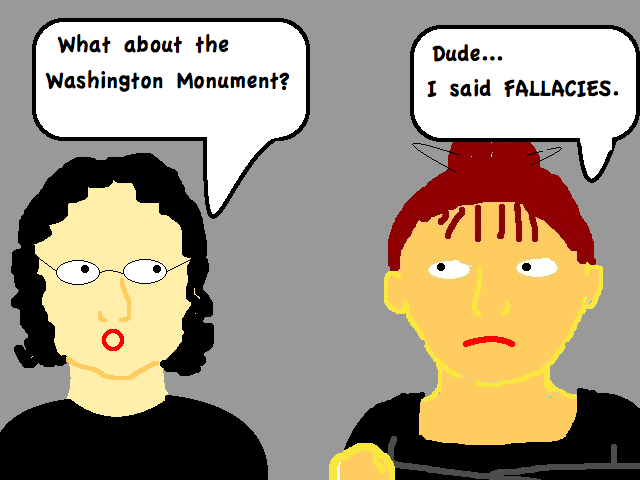An Overlooked Fallacy About Sales of Diverse Books
Elizabeth Bluemle - February 20, 2015
Every time I think I’ve pondered the diversity-in-publishing issue from most angles, something new pops up. Sometimes, it’s something so incredibly simple I can’t believe it hasn’t occurred to me before. The newest realization was this: someone said to me recently that diverse books don’t sell, and I replied jokingly, “Heck, MOST books don’t sell.” And it’s true. Many, many books don’t earn out their advances, but we don’t say about them, “Gosh, books about white characters and/or by white authors just don’t sell.” That would be absurd, right? Well, when you have only one title on your list per season that’s diverse, and it doesn’t sell, and you say that therefore “diverse books don’t sell,” you’re saying something equally absurd. Absurd, and a logical fallacy, to boot.
Sales success is a mysterious formula. Sometimes no matter how much a book is pushed and hyped and marketed, it just doesn’t catch on. Other times, a book expected to sell modestly hits it big (Pioneer Girl, most recently). There is no sure-fire way to know. And you absolutely cannot create an entire, vague category called “diverse books” (especially based on so few samples), and decide that you can accurately analyze the success of that category.
There’s just no way to truly evaluate the sales of diverse books until there’s a real marketplace full of them. Imagine evaluating those books with the same ruler that we treat the rest of the publishing list — looking at a list of, say, 50 titles, hoping that two or three will really break out, that another 20 or 30 will at least earn out or better, and that the rest will probably putter along somewhere near or below that earn-out line. (Publishers, correct me if I’m wrong about this generalized distribution of sales expectations for a season’s list.)
And while you’re pondering that, please take a look at Malinda Lo’s fabulous essay on the subtle and subconscious ways that people’s own assumptions, cultural backgrounds, and experiences come into play when reviewing books, especially those by authors (and/or main characters) with backgrounds, experiences, and surroundings different from their own. It’s eye-opening, insightful, and full of helpful concrete examples.


When someone says: “This kind of book doesn’t sell” I hear: “I don’t know how to sell this kind of book, and am not interested in learning.”